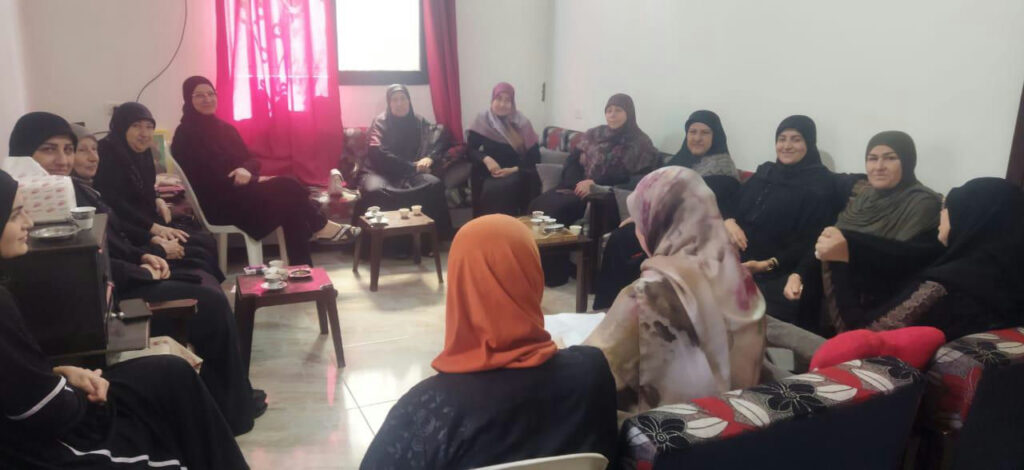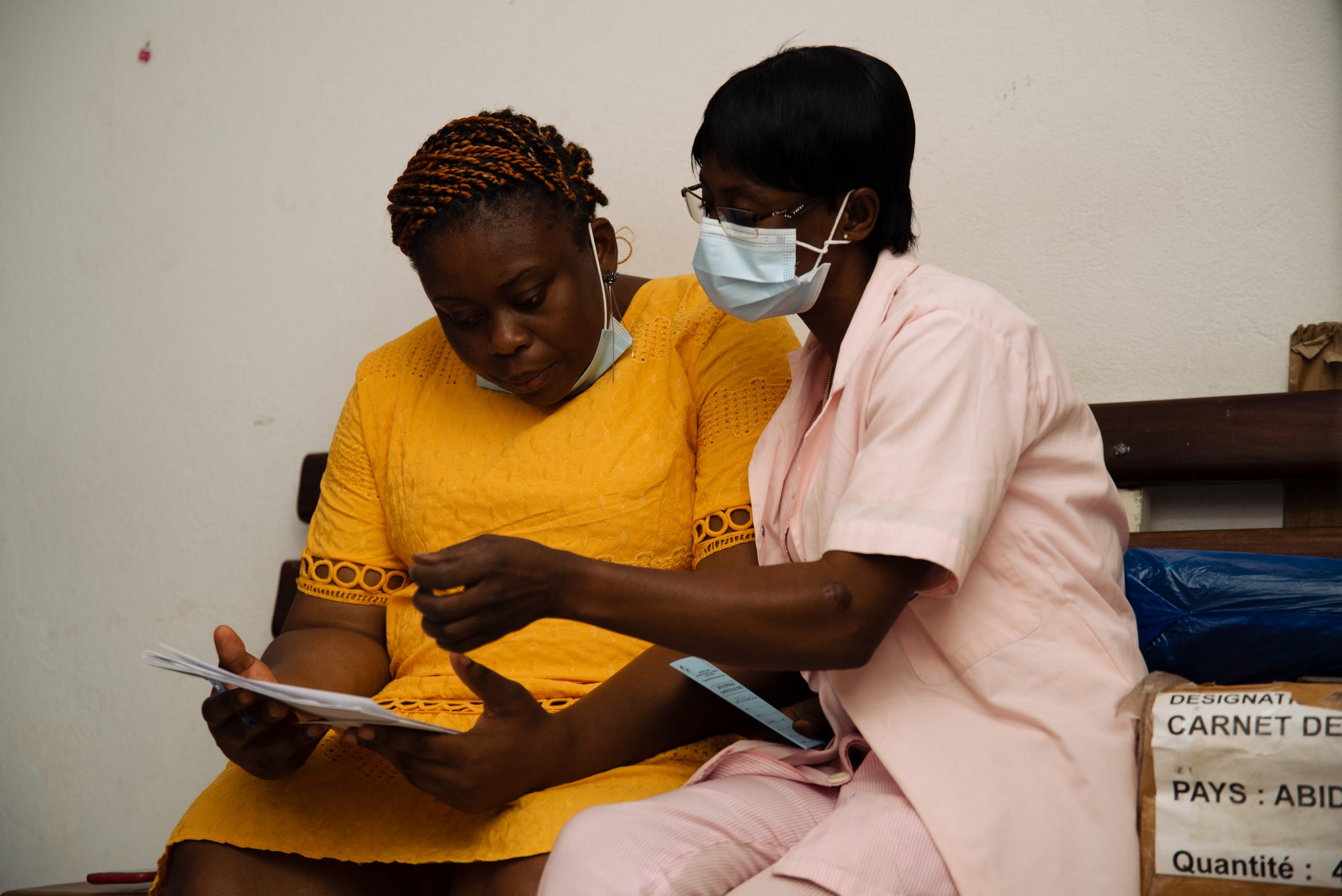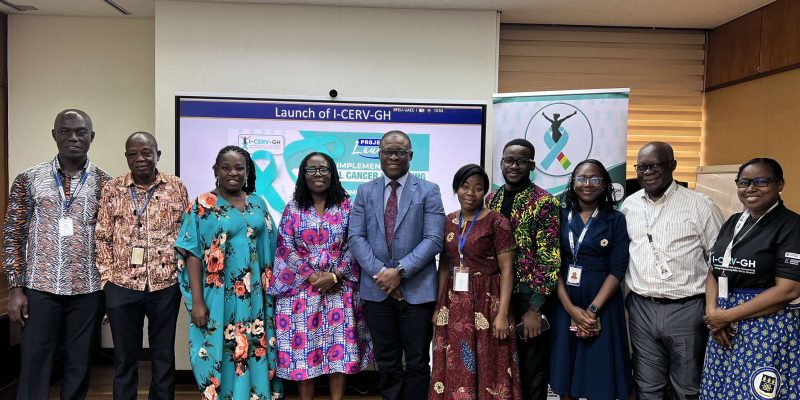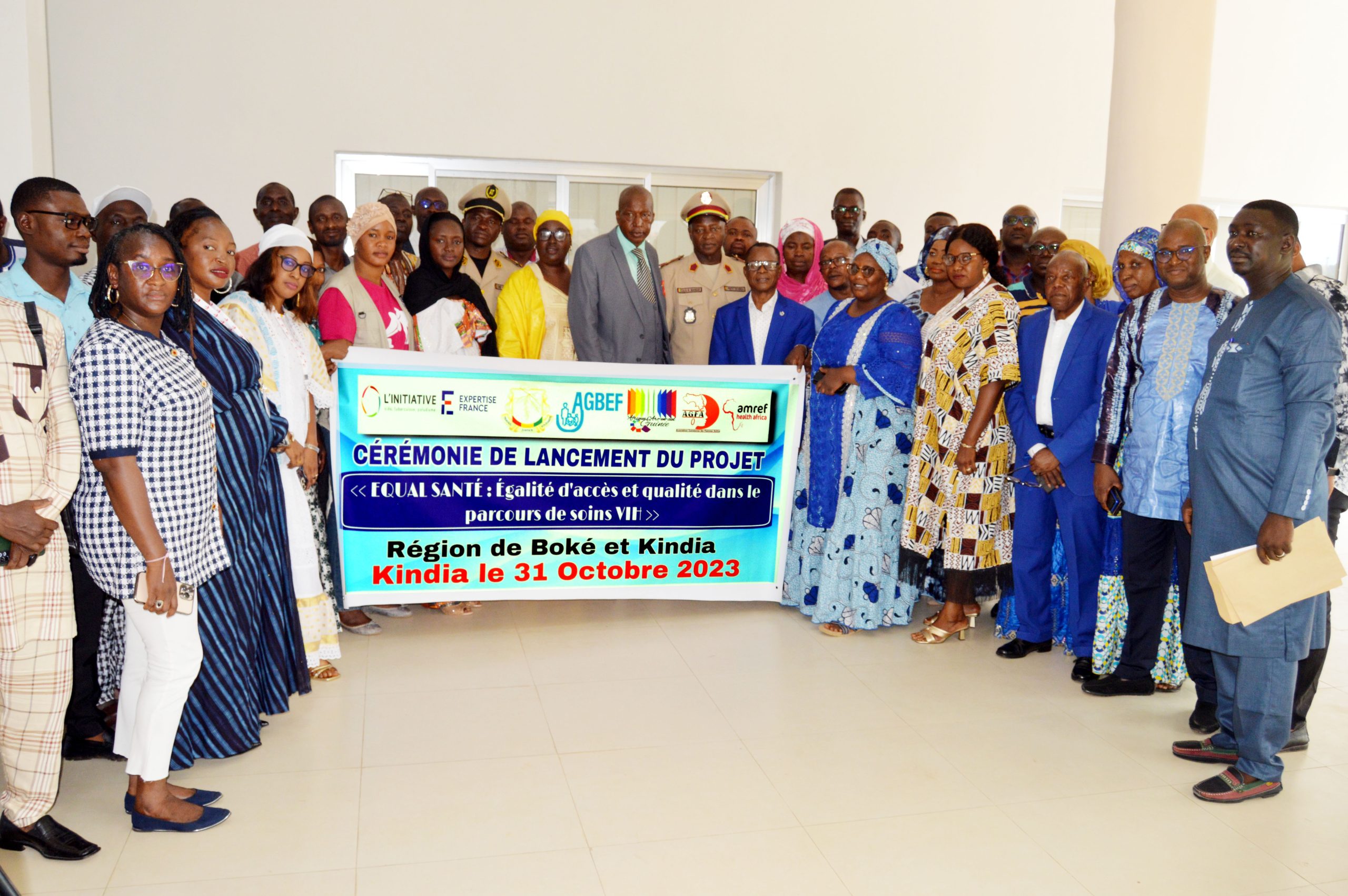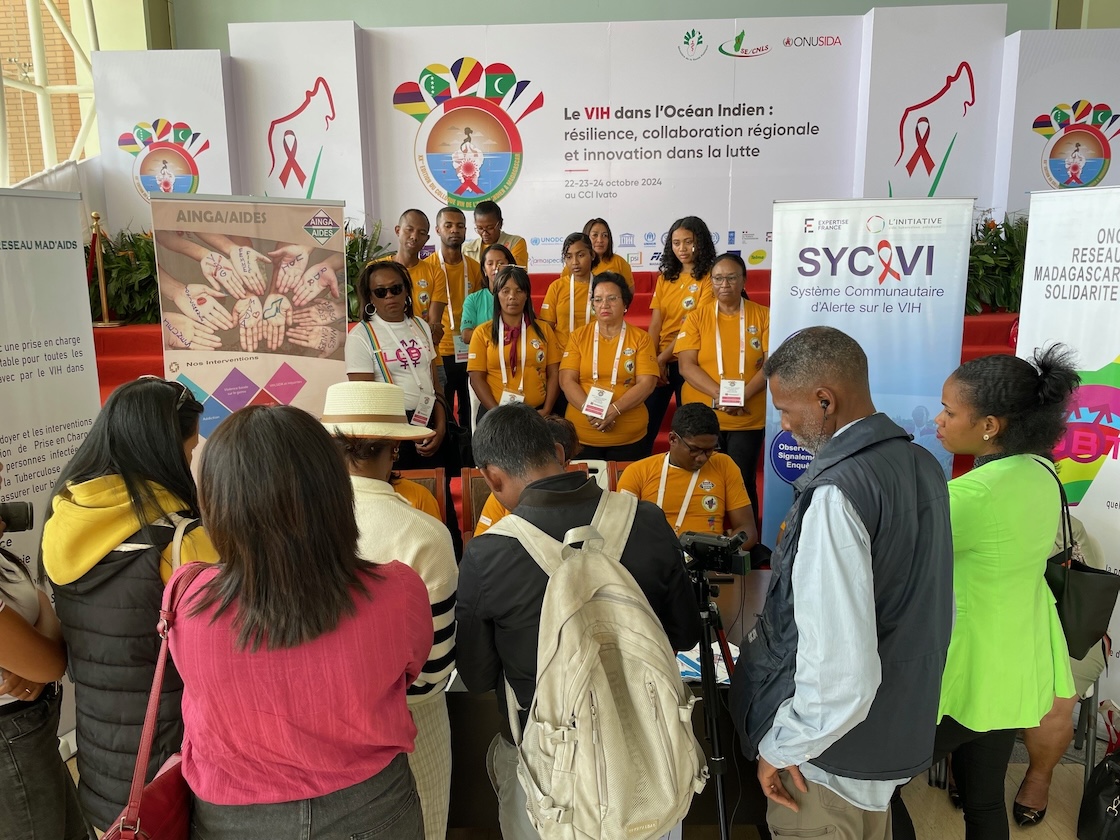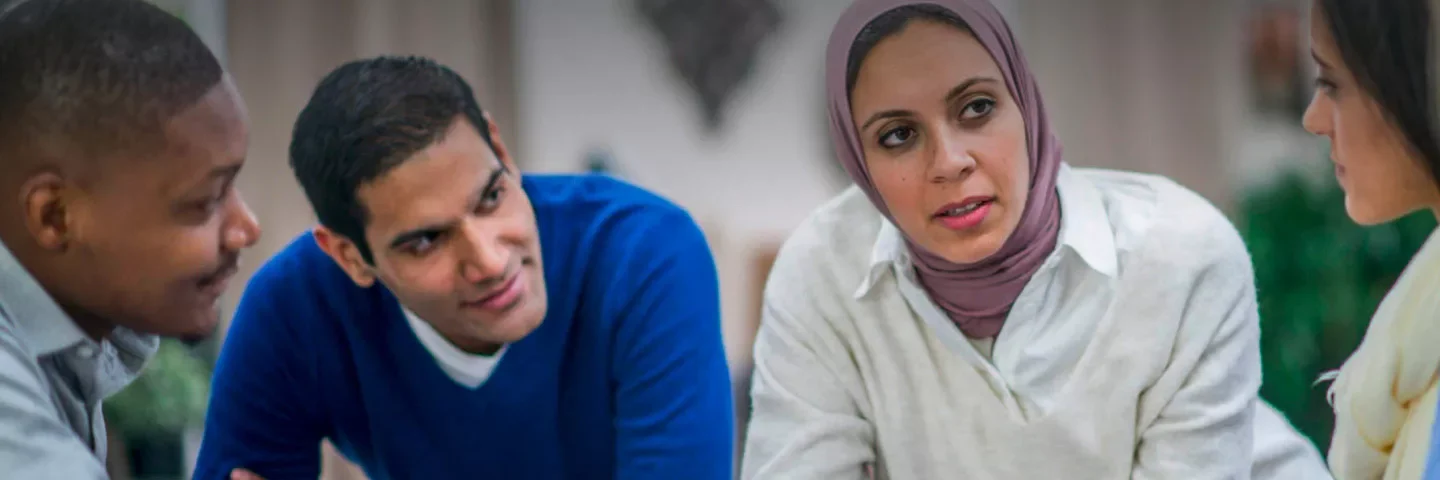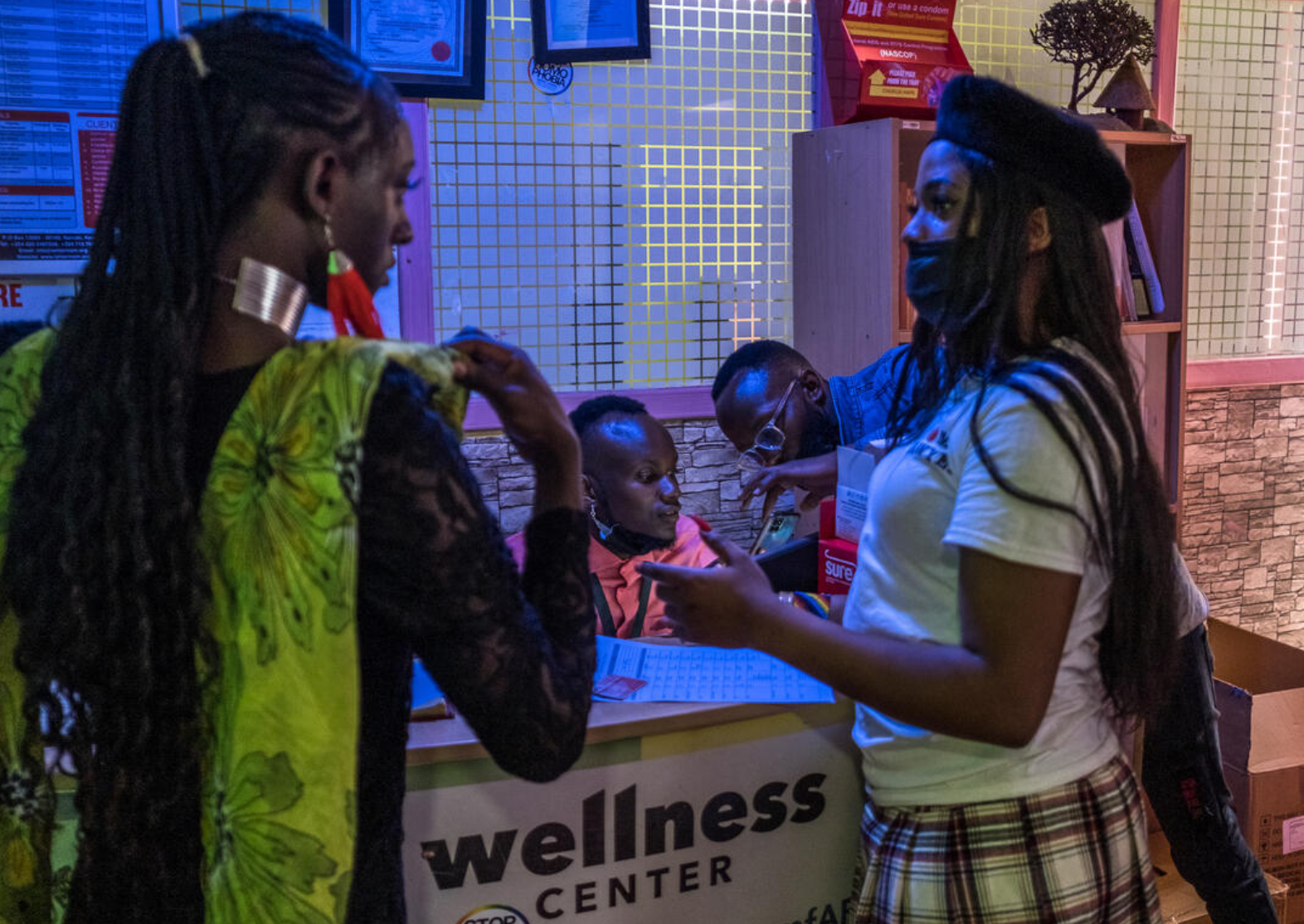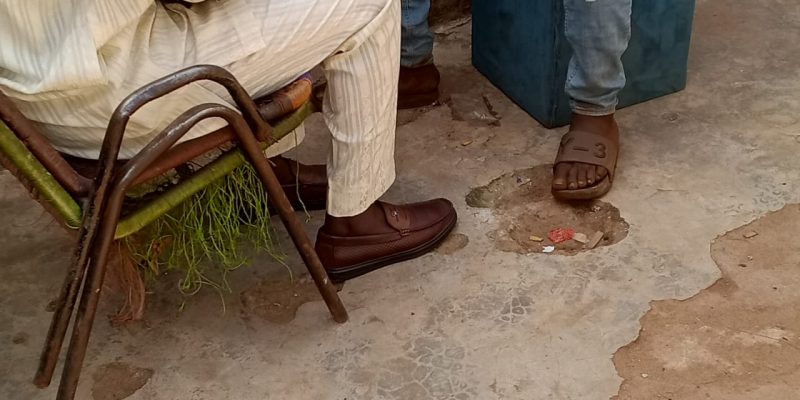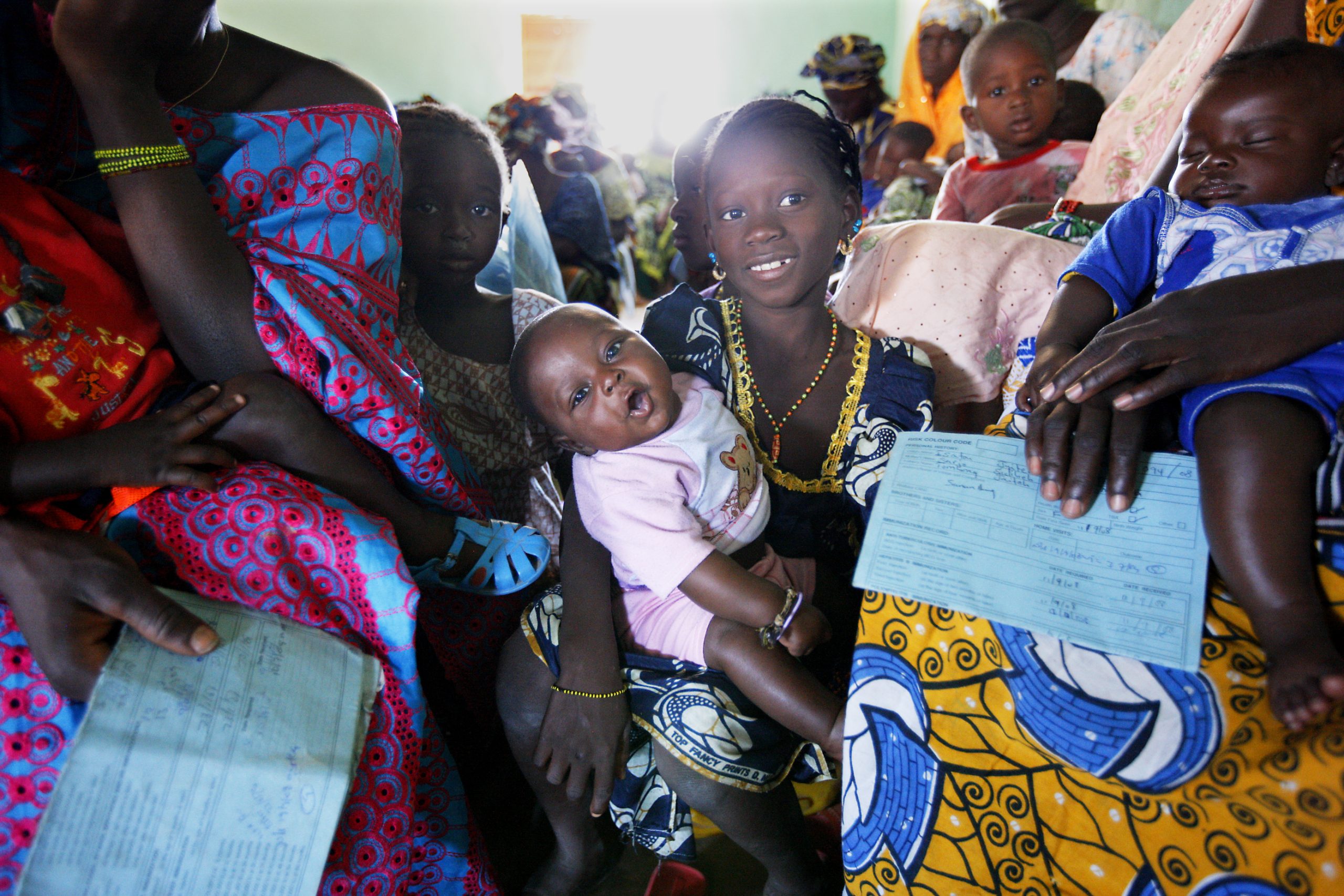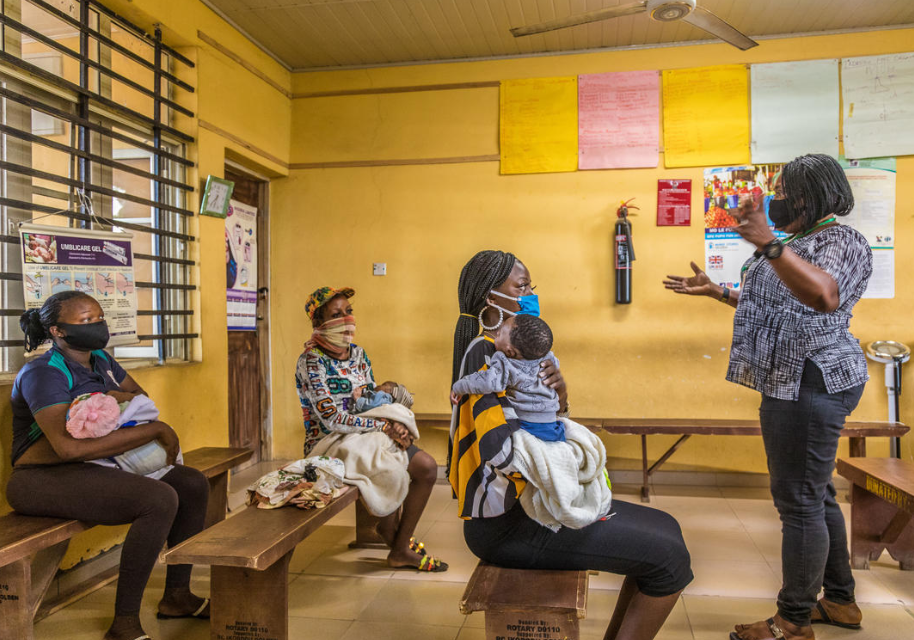The project of the Marsa Sexual Health Center aims to reduce barriers (including gender barriers) and decentralize access to sexual and reproductive health services for vulnerable populations in Lebanon: young and adult women, men who have sex with men, people with disabilities…
Context
Stigma and discrimination have led to the denial of equitable access to sexual and reproductive health (SRH) services as well as sexual and reproductive rights in Lebanon. Some groups, such as young and adult women, people affected by displacement, members of the LGBTIQ community, and people with disabilities, are significantly more vulnerable to stigma than the average people. Moreover, the concentration of SRH services in Beirut exacerbates disparities, further worsened by high costs and limited insurance coverage. This initiative aims to decentralize services to the Bekaa and Tyre regions, enhancing the capacity of healthcare providers and organizations to deliver non- stigmatizing sexual health services throughout Lebanon.
Description
To achieve the decentralization goal, the project deploys three complementary axes.
- Decentralize sexual and reproductive health and rights (SRHR) services to reduce gender barriers and promote gender equality by training healthcare providers to deliver non- stigmatizing sexual health service.
- Advocate for empowering vulnerable populations to exercise agency and autonomy over their bodies, supporting their decision-making, and helping them to overcome barriers to healthcare imposed by social and structural stigma.
- Advocate for enhanced sexual and reproductive healthcare for vulnerable populations, by addressing municipalities, the Ministry of Public Health, the Ministry of Social Affairs, the National AIDS Control Program, and UN agencies, based on recommendations resulting from anonymous data on the SRHR of vulnerable populations.
Impact
The project decentralizes SRH services and promotes the gender equality. It empowers marginalized groups to overcome barriers to healthcare access imposed by social and structural stigma and enhances care through advocacy initiatives.
